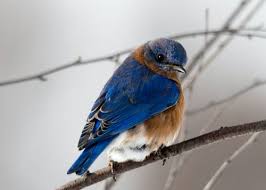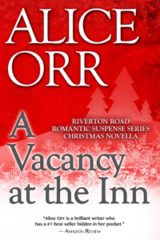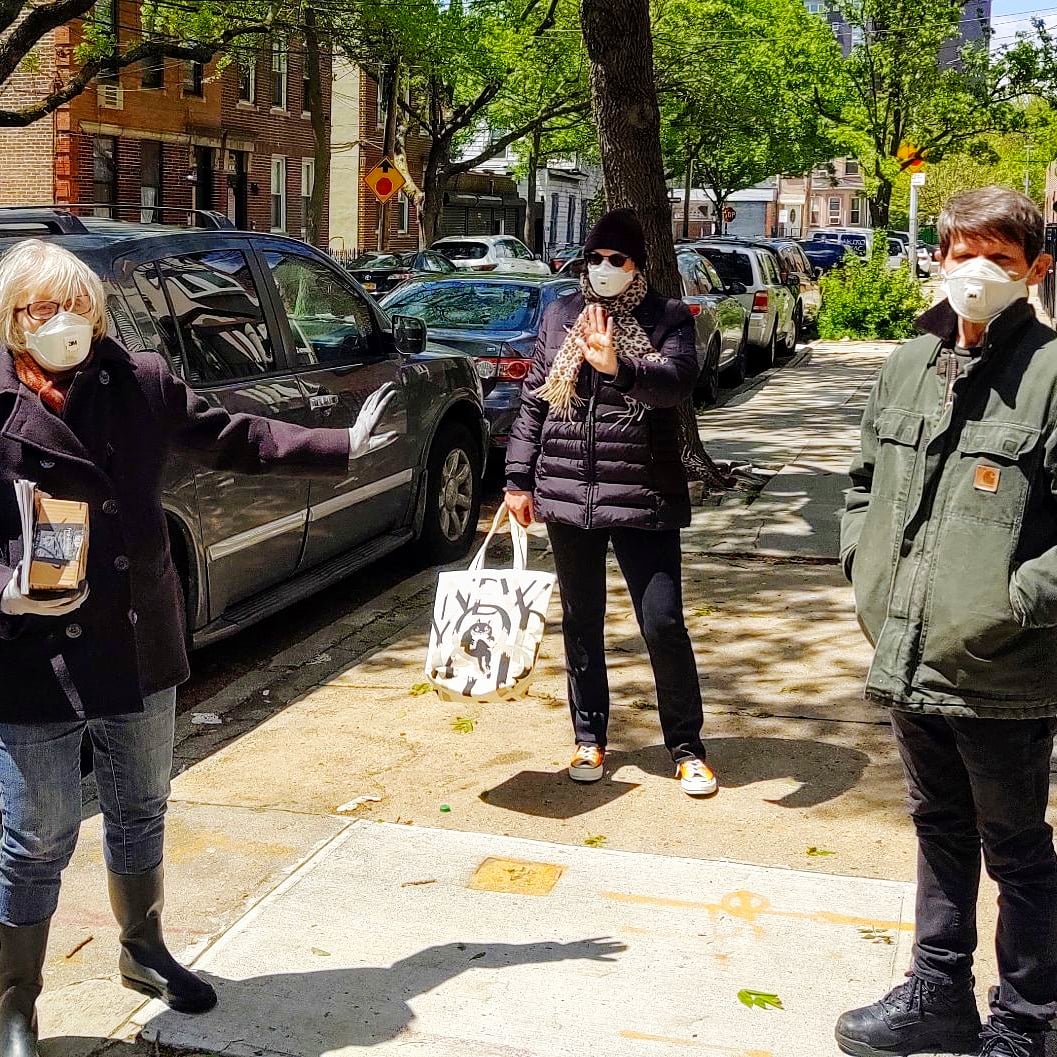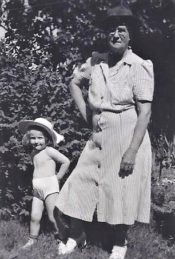How Your Main Character Builds a Powerful Story. You want to write the best story you have in you. A story that has you on the edge of your seat while you write it and the reader on the edge of her seat when she reads it.
Character Motivation is Key. Motivation links your main character to your plot. What your character must do, and how intensely she is compelled to do that thing, will determine how gripping your story turns out to be. The character is driven by her motivation. Her actions create your story line. They are the fuse for the fireworks of your plot.

Your Character’s Drive to Act must be Powerful and Dramatic. Otherwise, your story will not be powerful and dramatic. Here’s how to find your way to storytelling power and drama. Take these five steps and you will be dancing the path to a page-turner story.
Step One. I have prepared a list of powerful character motivations. Motivations that can catapult your character and her story into the intensity stratosphere. Choose the motivation that will produce the most drama in your story’s situation by causing the most conflict for your character. Find that motivation list below.
Step Two. For a longer, more complex book, you might want your main character to have a secondary motivation as well. A slightly less driving force than her primary motivation, but compelling enough to create story lightning all the same. Which is How Your Main Character Builds a Powerful Story

Step Three. Drape your author shoulders in your most grand and glorious imagination cape and brainstorm three possible examples of how exactly this primary motivation might enter your character’s life with sufficient force to drive her passionately forward page after page. Choose the one that conjures up maximum conflict and struggle for your character.
Step Four. Brainstorm three specific examples of how this motivation might come to life and be dramatized, as in acted out, in scenes starring your character. Scenes that will capture and command your reader’s attention with sharp dialogue and riveting action. Scenes potent enough to become pivotal turning points in your story.
Step Five. Brainstorm the specific nature of the struggle, or more pointedly, the trouble that could befall your character in each of these pivotal scenes. Keep in mind that your goal as storyteller is to plunge your character into hot water, then turn the temperature up higher, higher, and higher still. That heat is what sets pages turning rapidly for your reader.

The Mighty Seven Most Powerful Character Motivations.
#1 – Love – A powerful motivator that can drive a character to her best and worst behavior.
#2 – Self-Preservation – The threat of danger or death is another powerful motivator. Include the preservation others here. The impulse to save another person or persons from peril.
#3 – Self-Knowledge – Be careful about making this a primary motivation in commercial fiction. It can be a bit too subtle and inward for the popular marketplace to embrace with enthusiasm. Still, it may occur as a result of your character’s experiences in your story.
#4 – Pursuit of Adventure and Life Experience – Do not let this particular motivator make your protagonist behave recklessly unless we, as readers, can identify with and support that choice.
#5 – Honor or Duty – These motives can be difficult to make believable in many contemporary, realistic stories. But, if you are writing action-adventure or fantasy, feel free to go for it.
#6 – Greed – All motivations are not honorable or noble. This is one of those. For that reason, you might not want to choose it as fuel for your preferably admirable main character’s behavior.
#7 – Revenge – Another tricky choice. Powerful and believable for sure, but unattractive. Even a character intent upon avenging a wrongful death may be contemplating a heinous act of her own, and that is a touchy storytelling choice. Greed or Revenge work better as motivations for your villain, who must also be strongly driven.
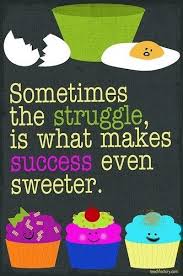
Give your Hero Character Admirable Reasons for What she Does. A smart storytelling decision because, the nobler the motive, the more significant her struggle becomes. And, the more significant we believe your character’s struggle to be, the more we care about her and about your story. Which is How Your Main Character Builds a Powerful Story.
Alice Orr – https://www.aliceorrbooks.com.
ASK ALICE Your Crucial Questions. What are you most eager to know – in your writing work and in your writer’s life? Email aliceorrbooks@gmail.com. Or add a comment question to this post.
Alice has published 16 novels, 3 novellas and a memoir so far. She wrote her nonfiction book No More Rejections: 50 Secrets to Writing a Manuscript that Sells as a gift to the writers’ community. Her latest novel – A Time of Fear & Loving – Riverton Road Romantic Suspense Series Book 5 – is available HERE.
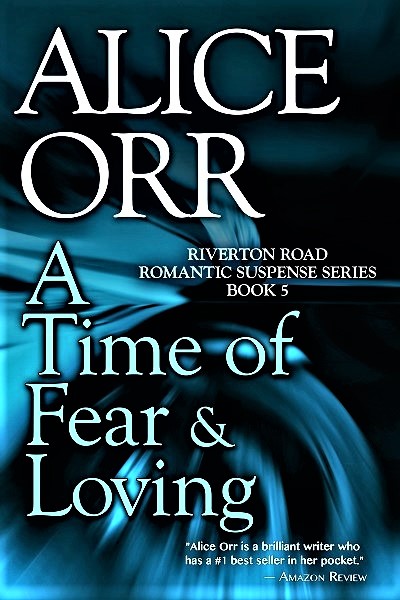
Praise for A Time of Fear & Loving: “Alice Orr is the queen of ramped-up stakes and page-turning suspense.” “Warning. Don’t read before bed. You won’t want to sleep.” “The tension in this novel is through the roof.” “I never want an Alice Orr book to end.” “The best one yet!”
Look for all of Alice’s books HERE.
https://www.facebook.com/aliceorrwriter
http://twitter.com/AliceOrrBooks/
http://goodreads.com/aliceorr/
http://pinterest.com/aliceorrwriter/

